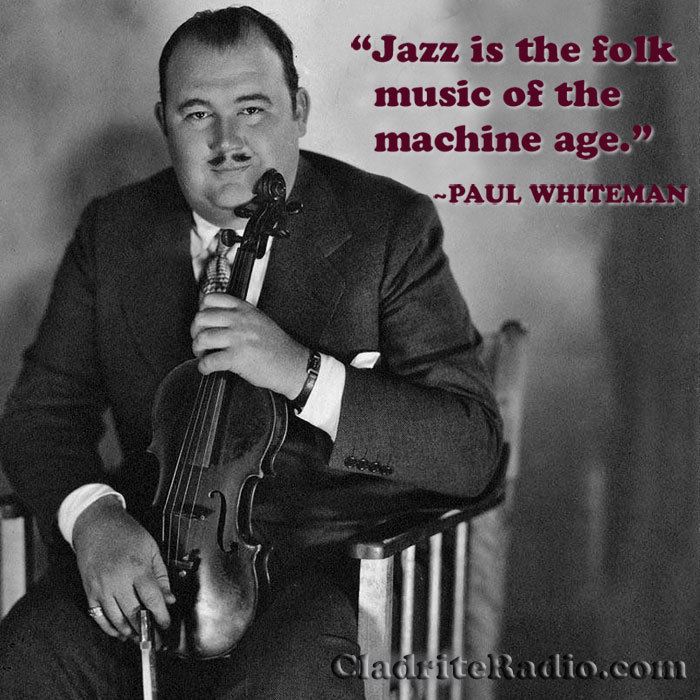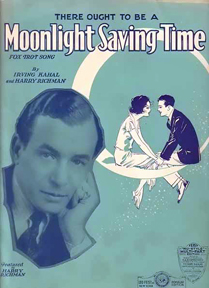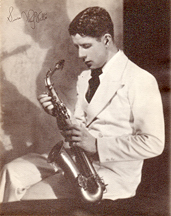Here are 10 things you should know about Paul Whiteman, born 133 years ago today. Known as the King of Jazz during his heyday, Whiteman isn’t afforded that level of respect by many today, but his influence is undeniable. His music may have leaned to the pop side, but in that era, jazz was dance music, so it was pop, in a sense, and Whiteman helped to bring the new sounds to a wider audience.
We’re featuring Whiteman’s music all day today on Cladrite Radio, so tune in now!



